Yuanlin Yang
SoilX: Calibration-Free Comprehensive Soil Sensing Through Contrastive Cross-Component Learning
Nov 07, 2025Abstract:Precision agriculture demands continuous and accurate monitoring of soil moisture (M) and key macronutrients, including nitrogen (N), phosphorus (P), and potassium (K), to optimize yields and conserve resources. Wireless soil sensing has been explored to measure these four components; however, current solutions require recalibration (i.e., retraining the data processing model) to handle variations in soil texture, characterized by aluminosilicates (Al) and organic carbon (C), limiting their practicality. To address this, we introduce SoilX, a calibration-free soil sensing system that jointly measures six key components: {M, N, P, K, C, Al}. By explicitly modeling C and Al, SoilX eliminates texture- and carbon-dependent recalibration. SoilX incorporates Contrastive Cross-Component Learning (3CL), with two customized terms: the Orthogonality Regularizer and the Separation Loss, to effectively disentangle cross-component interference. Additionally, we design a novel tetrahedral antenna array with an antenna-switching mechanism, which can robustly measure soil dielectric permittivity independent of device placement. Extensive experiments demonstrate that SoilX reduces estimation errors by 23.8% to 31.5% over baselines and generalizes well to unseen fields.
MetaMIML: Meta Multi-Instance Multi-Label Learning
Nov 07, 2021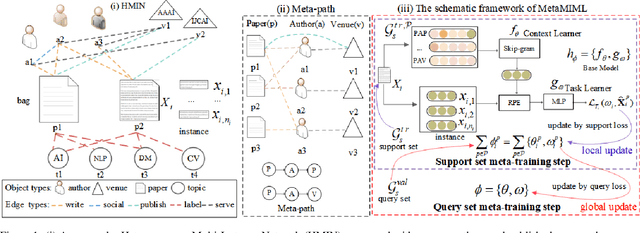

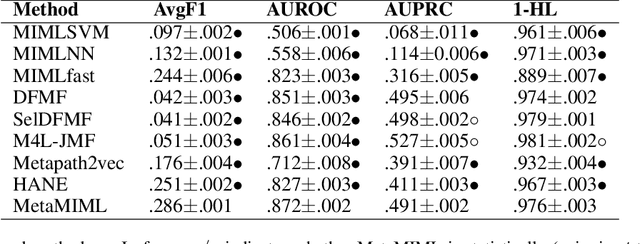

Abstract:Multi-Instance Multi-Label learning (MIML) models complex objects (bags), each of which is associated with a set of interrelated labels and composed with a set of instances. Current MIML solutions still focus on a single-type of objects and assumes an IID distribution of training data. But these objects are linked with objects of other types, %(i.e., pictures in Facebook link with various users), which also encode the semantics of target objects. In addition, they generally need abundant labeled data for training. To effectively mine interdependent MIML objects of different types, we propose a network embedding and meta learning based approach (MetaMIML). MetaMIML introduces the context learner with network embedding to capture semantic information of objects of different types, and the task learner to extract the meta knowledge for fast adapting to new tasks. In this way, MetaMIML can naturally deal with MIML objects at data level improving, but also exploit the power of meta-learning at the model enhancing. Experiments on benchmark datasets demonstrate that MetaMIML achieves a significantly better performance than state-of-the-art algorithms.
Multi-typed Objects Multi-view Multi-instance Multi-label Learning
Oct 06, 2020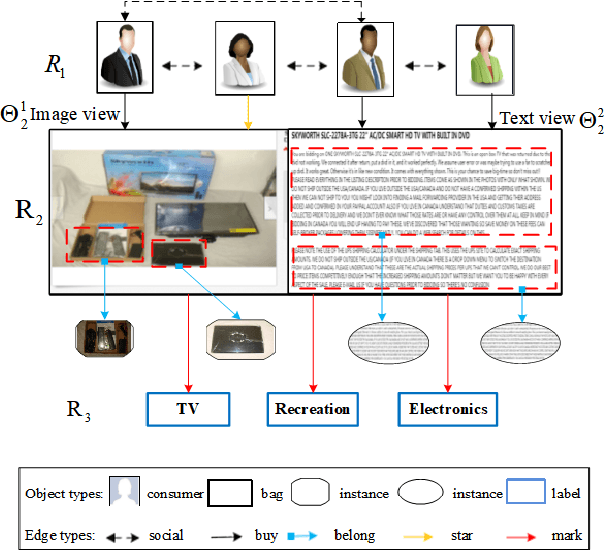
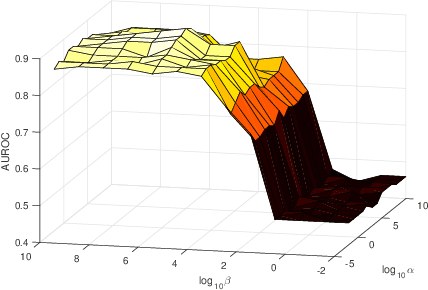
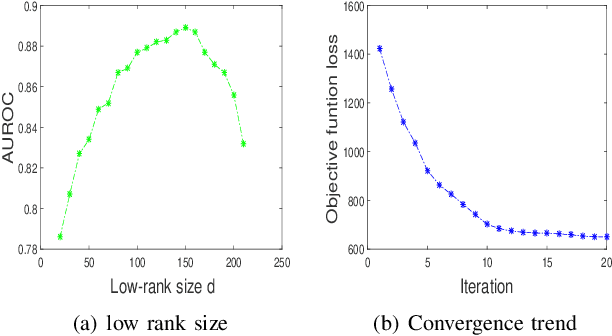

Abstract:Multi-typed objects Multi-view Multi-instance Multi-label Learning (M4L) deals with interconnected multi-typed objects (or bags) that are made of diverse instances, represented with heterogeneous feature views and annotated with a set of non-exclusive but semantically related labels. M4L is more general and powerful than the typical Multi-view Multi-instance Multi-label Learning (M3L), which only accommodates single-typed bags and lacks the power to jointly model the naturally interconnected multi-typed objects in the physical world. To combat with this novel and challenging learning task, we develop a joint matrix factorization based solution (M4L-JMF). Particularly, M4L-JMF firstly encodes the diverse attributes and multiple inter(intra)-associations among multi-typed bags into respective data matrices, and then jointly factorizes these matrices into low-rank ones to explore the composite latent representation of each bag and its instances (if any). In addition, it incorporates a dispatch and aggregation term to distribute the labels of bags to individual instances and reversely aggregate the labels of instances to their affiliated bags in a coherent manner. Experimental results on benchmark datasets show that M4L-JMF achieves significantly better results than simple adaptions of existing M3L solutions on this novel problem.
 Add to Chrome
Add to Chrome Add to Firefox
Add to Firefox Add to Edge
Add to Edge